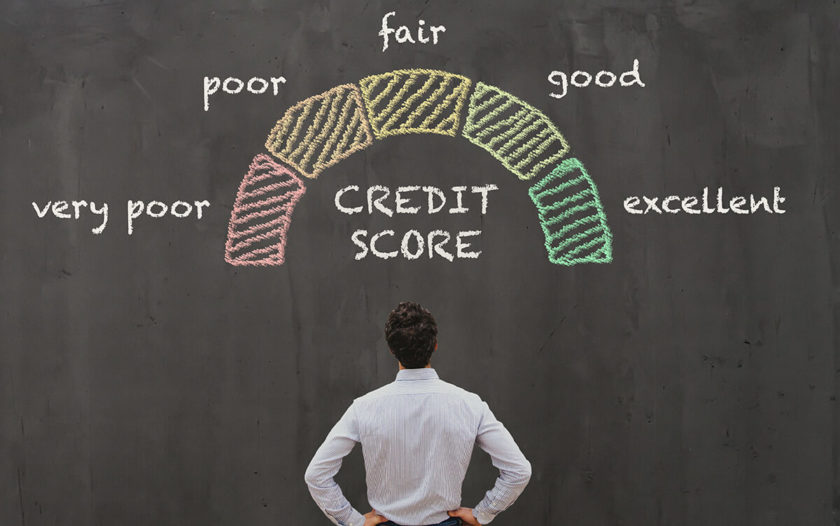How Will the New FICO Score Changes Affect Me?
About Molly
Molly is a finance writer based in Portland, Oregon. She also covers software and environmental issues and is always on the lookout for a good vegan donut.
Read full bio
When you apply for a credit card or loan, lenders use your credit score to decide how much you can borrow, interest rates, and repayment periods. In 2020, Fair Isaac Corporation (FICO®) announced changes to their credit scoring models, likely impacting a majority of consumers’ FICO scores.
What’s a FICO score?
Three main credit bureaus maintain your credit report: Equifax, Experian, and TransUnion. Your credit report then helps calculate your three-digit FICO score. This number gives lenders a sense of your ability to repay a loan and helps determine how much money you can borrow and how long you’ll have to pay back.
What’s considered a good score?
FICO scores range from 300 to 850. The higher your FICO score, the better your credit. Here’s how FICO breaks down scores:
- 800 and up: Exceptional
- 740 to 799: Excellent
- 670 to 739: Good
- 580 to 669: Fair
- 579 or lower: Poor
How often are FICO scores updated?
Credit scores continuously change to reflect your credit use. Every 45 days, creditors report your activity to the credit bureaus. This includes credit card balances, payments made, amount of debt, and credit applications. Creditors don’t report at the same time, which can mean weekly or even daily changes to your credit score.1
Check your FICO score for free.
2020 FICO changes
Every few years, FICO updates how it calculates credit scores. In early 2020, the analytics company announced the launch of FICO Score 10 Suite. In this new version, personal loans are in their own category and the scoring range remains the same.
According to the FICO press release, the improvement helps lenders “safely avoid unexpected credit risk and better control default rates, while making more competitive credit offers to more consumers.”
What does the FICO change do?
Previously, if you paid off all your credit cards with a personal loan, your credit score would rise.
With this update, FICO will review back two years to see if you’ve reduced credit debt as a result of taking out the loan. They want to know if you’re running up the same balance as before and getting deeper in debt. As a result, late payments will have a bigger impact on your score. So will carrying a high credit card balance to credit limit ratio. Personal loans may also lower your score.
When will these changes take effect?
Like software updates, lenders can choose to use the new version of FICO, or keep using older versions. This means changes won’t happen all at once. It may take two years before the majority of lenders adopt the new version of FICO.
How will FICO changes affect my credit score?
FICO predicts modest changes to the credit scores of 110 million consumers. We can also expect the new scoring model to increase 40 million people’s scores by 20 points or more, and lower 40 million consumers’ scores by at least 20 points.
- If you have a good credit score and healthy finances, your credit score will likely improve, and you will qualify for good terms.
- If your credit score is below 580, your credit score will likely decline, and you will encounter higher interest rates.
Will I still be able to get an affordable loan?
Yes! Remember: there isn’t just one FICO number. Lenders use many credit score models to decide whether you’re eligible for a loan. Mortgage lenders especially tend to favor older versions.
How to improve your FICO score
Even with the changes to FICO scores, don’t get hung up trying to figure out which FICO scoring system your lender is using. Instead, work on improving your overall credit score by developing better habits.
- Don’t borrow more than you need: Applying for a loan hurts your FICO score.
- Always pay on time: Payment history is one of the biggest factors determining your FICO score. Set up automatic payments to keep yourself on schedule.
- Check your credit regularly: Check your credit report at least once a year to see if something looks off, or if it’s time to change your habits.
- Maintain a low credit card balance: You can do this by making multiple payments each month or by limiting your credit card use.









